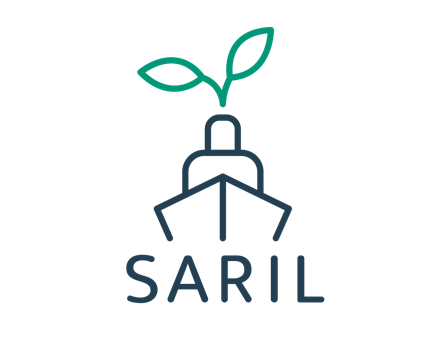
Due to globalized supply chains and the prevalence of just-in-time production, all economies of the industrialized world are reliant on the flawless operation of the logistical network. During the Cov19 pandemic it became apparent that this network can be massively shattered and that a better understanding of its robustness, risks and vulnerabilities is of vital importance. Additionally, it is obvious that the accelerating climate change demands a much greener fright transport.
SARIL aims to complement the classic definition of resilience, which focuses on threat prevention, robustness and system recovery, by green aspectsKey performance indicators will be defined which quantify both, the system resistance against disruptions as well as the environmental burden of freight transport in close collaboration with a large stakeholder group. Adopting three different scenarios on different geographical scales (regional, national and international/EU), models will be developed which are able to capture the unperturbed system operation as well as the behavior in case of a disruptions.
- Project Manager: Pablo Segura

